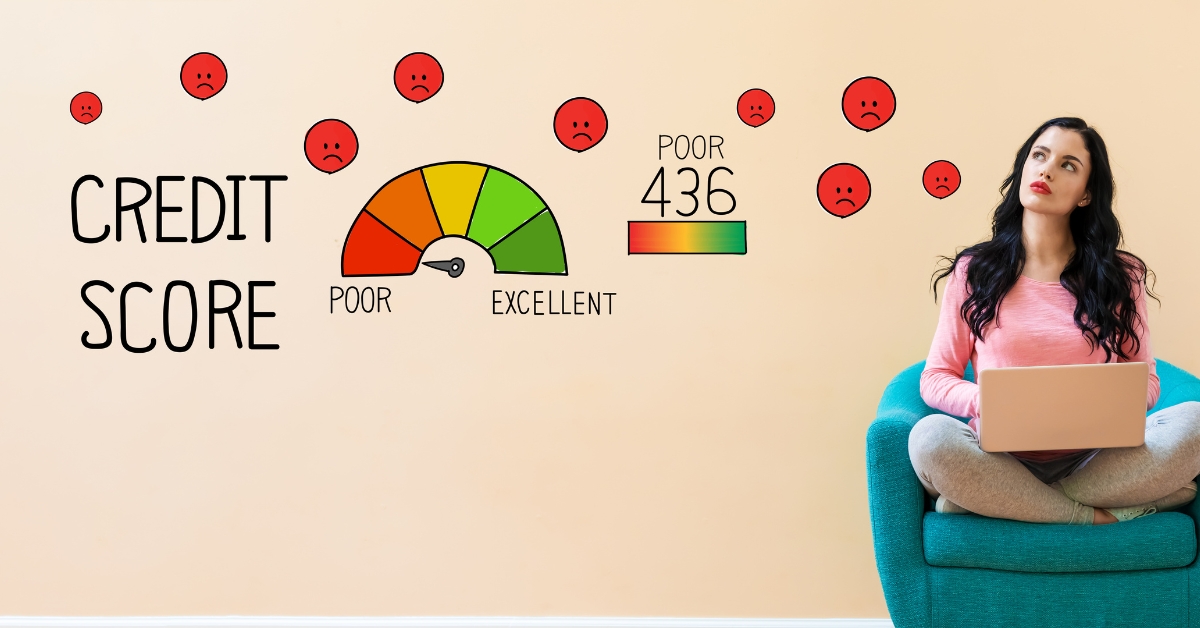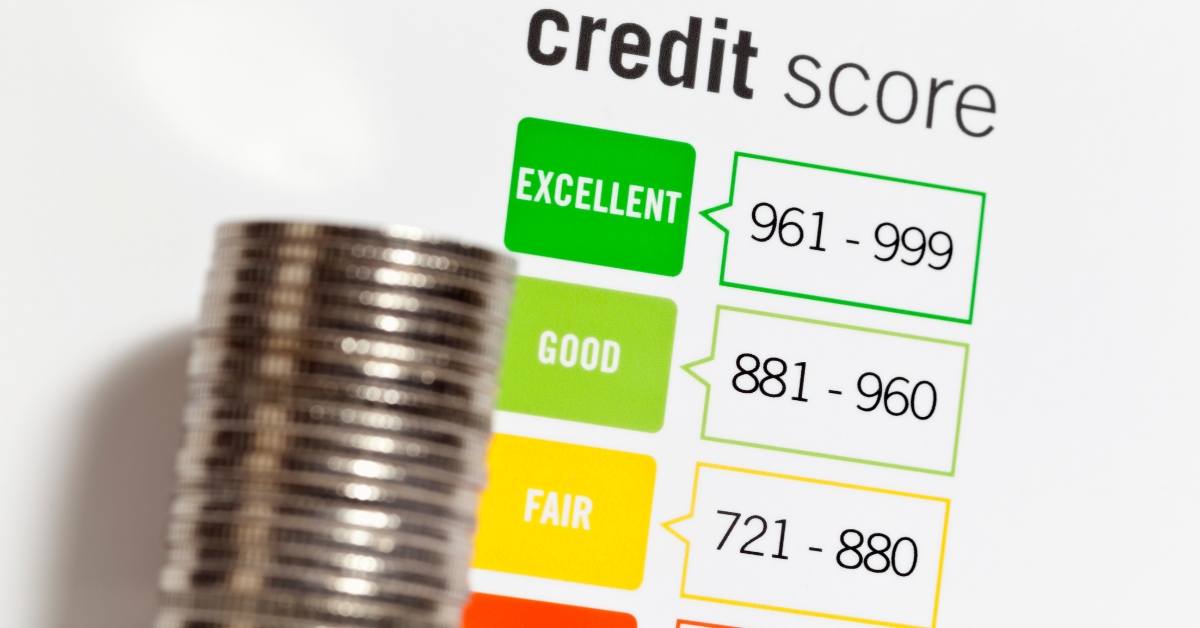Understanding the Minimum Credit Score Required for Buying a House
When you’re in the market for a new home, one of the most crucial factors that lenders consider is your credit score. Your credit score serves as a measure of your creditworthiness, indicating your ability to manage and repay debts. While specific requirements can vary among lenders and loan types, it’s essential to have a good understanding of the minimum credit score needed to secure a home loan.
Credit scores typically range from 300 to 850, with higher scores indicating better creditworthiness. Generally, a higher credit score increases your chances of qualifying for a mortgage loan and obtaining favorable terms. However, the minimum credit score requirements can differ based on factors such as the loan program, down payment amount, and the lender’s own guidelines.
Conventional loans, which are not insured or guaranteed by government entities like the Federal Housing Administration (FHA) or the Department of Veterans Affairs (VA), typically require a minimum credit score of 620 or higher. Some lenders may offer conventional loans to borrowers with slightly lower credit scores, but they may come with stricter conditions or higher interest rates.
FHA loans, on the other hand, are popular among first-time homebuyers and individuals with lower credit scores. The minimum credit score required for an FHA loan is typically around 580. However, borrowers with scores between 500 and 579 may still be eligible, but they will need to make a larger down payment, usually at least 10% of the purchase price.
For VA loans, which are available to active-duty military personnel, veterans, and their eligible spouses, there is no official minimum credit score requirement. However, most lenders prefer a credit score of at least 620 to qualify for a VA loan.
It’s important to note that meeting the minimum credit score requirement does not guarantee loan approval. Lenders also consider other factors such as your income, employment history, debt-to-income ratio, and the overall health of your credit profile. They will assess your financial stability and ability to repay the loan.
To improve your chances of securing a mortgage loan, it’s advisable to strive for a credit score well above the minimum requirement. A higher credit score demonstrates responsible financial behavior and can help you negotiate better interest rates and loan terms. If your credit score falls below the desired threshold, taking steps to improve it, such as paying bills on time, reducing debt, and correcting any errors on your credit report, can greatly enhance your prospects of obtaining a favorable mortgage loan.
In conclusion, the minimum credit score needed for a house depends on various factors, including the loan program and the lender’s guidelines. While different loan types have specific requirements, aiming for a credit score above the minimum can increase your chances of loan approval and help you secure better terms. It’s crucial to maintain a good credit standing, as it plays a significant role in the homebuying process and your overall financial well-being.










